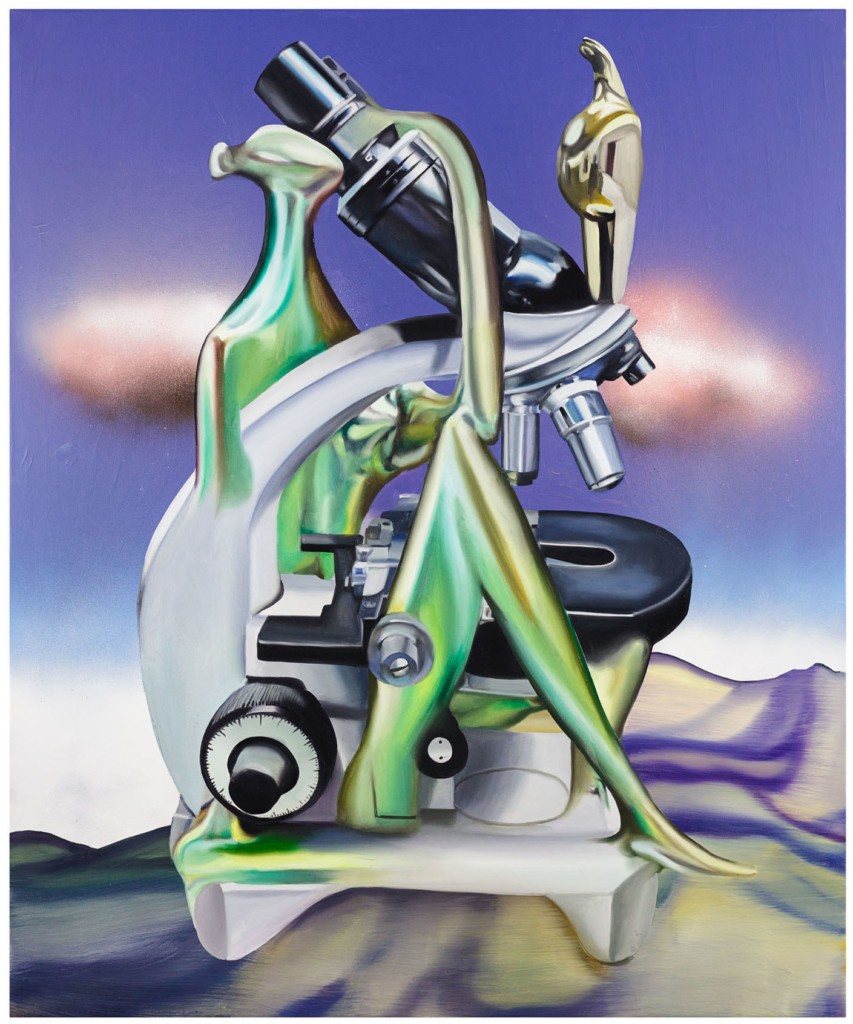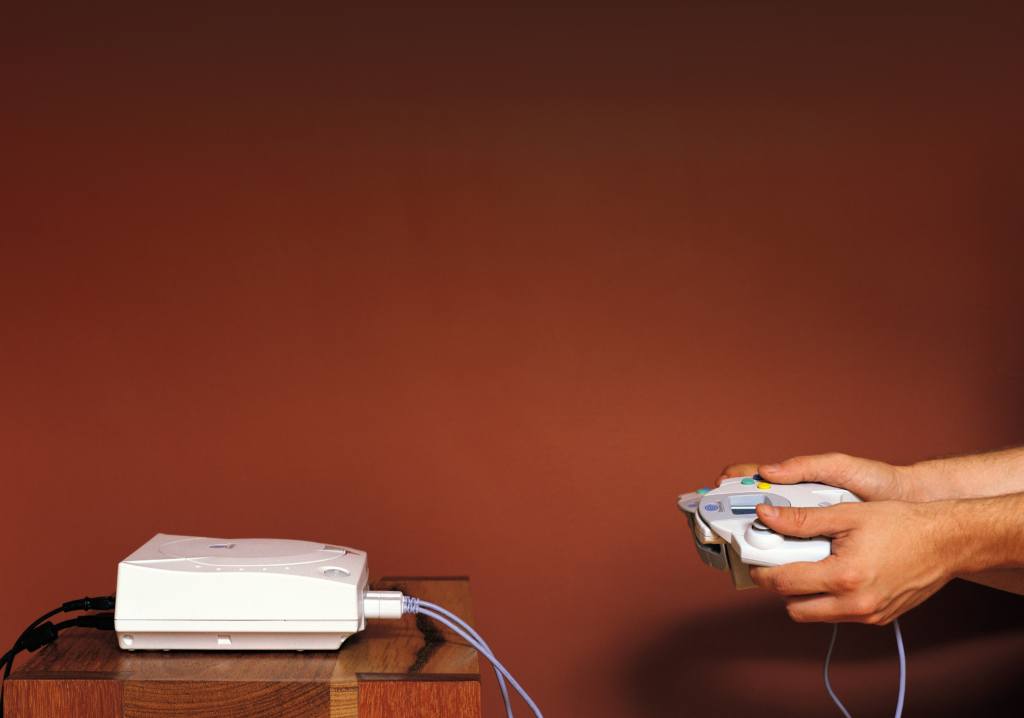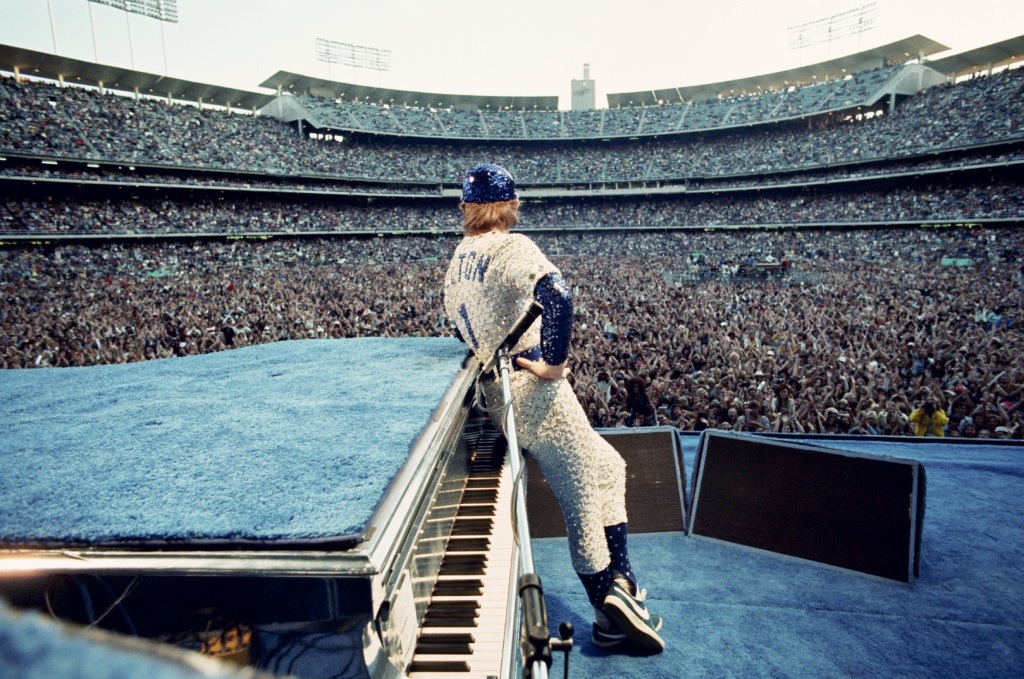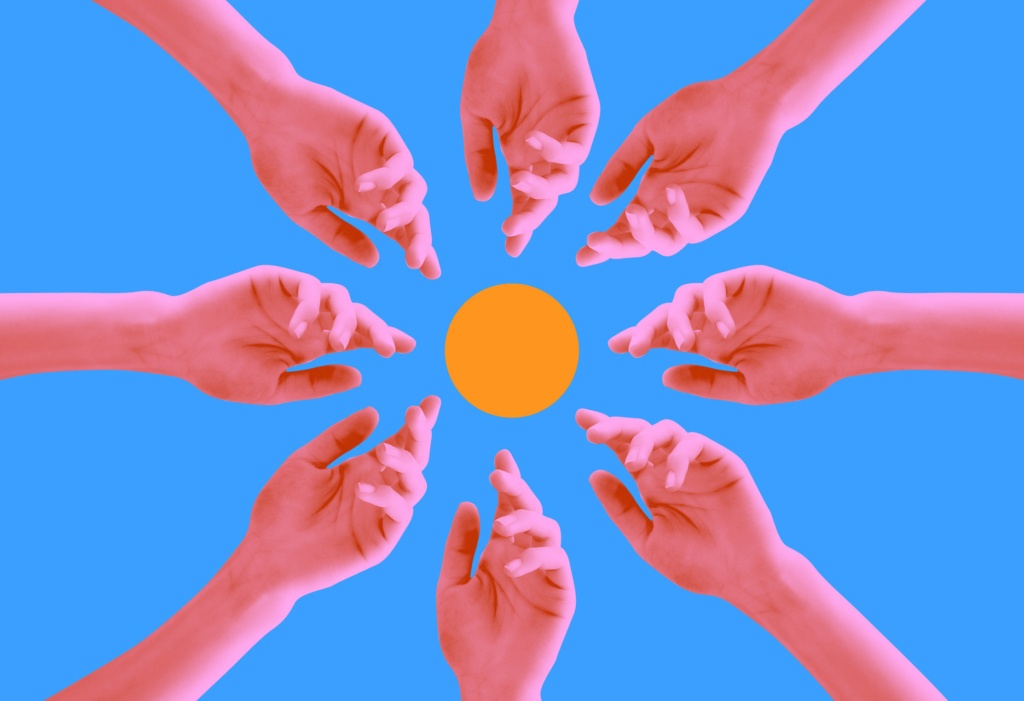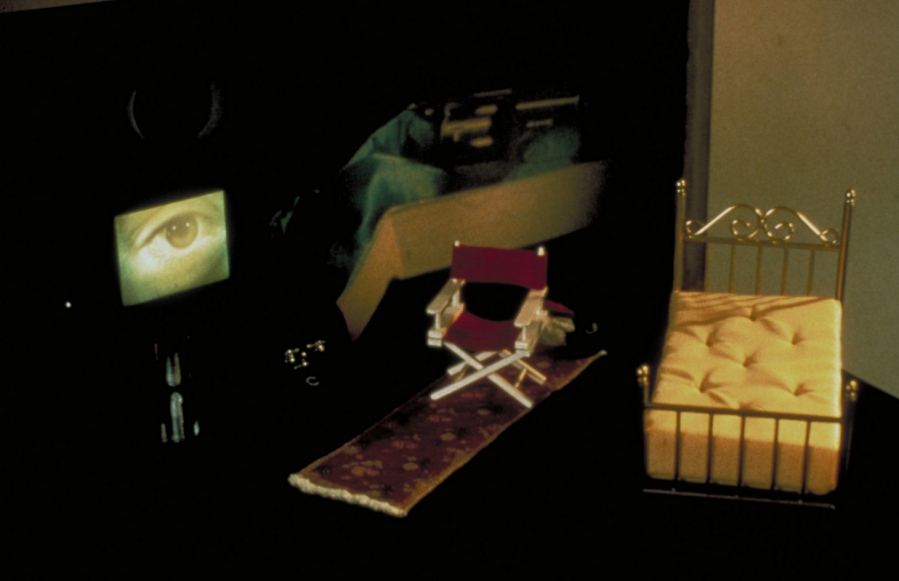Topics
Fandom
Parasocial attachment disorder
Influencers and Anti-Fans
“Anti-fan” communities have formed around condemning influencers for both creating an unachievable ideal and failing to live up to it. The influencers, targeted with everything from verbal abuse to death threats, become scapegoats for the status quo’s structural inequalities
Passion Play
In the early 2000s, optimistic commentators expected the internet to generate a more participatory culture, in which fans gained more control over the entertainment properties they were invested in emotionally. But participation is not an intrinsically positive force: It has since become a means of fostering overinvestment, obsession, and frustration — volatile social energies with unpredictable social consequences
Idol Thoughts
We think of fandom as collective, but it’s also a means of privacy
Show Tunes
With a surplus of music available, the “community” itself, or rather the sense of oneself as participant, is increasingly the point. The walls around genre and niche have crumbled, only to be replaced with credit card transactions. The hunt for a “Song of the Summer” is a long-standing tradition that has been lately commodified into an endless content creation race. This takes the streaming-first mode of music appreciation to the next level: fans aren’t rallying around an artist, or a cluster of artists, but an ephemeral zeitgeist, into which any artist could possibly fit.
Like and Subscribe
New media forms have intensified the cult of celebrity’s pull in both those seemingly opposed directions at once. Stars can participate more openly and directly in their publicity, making a seamless blur of their life and their image, while deepening their aura with unfathomable follower counts and engagement metrics. Their relation to fans becomes at once more intimate and more mediated.
